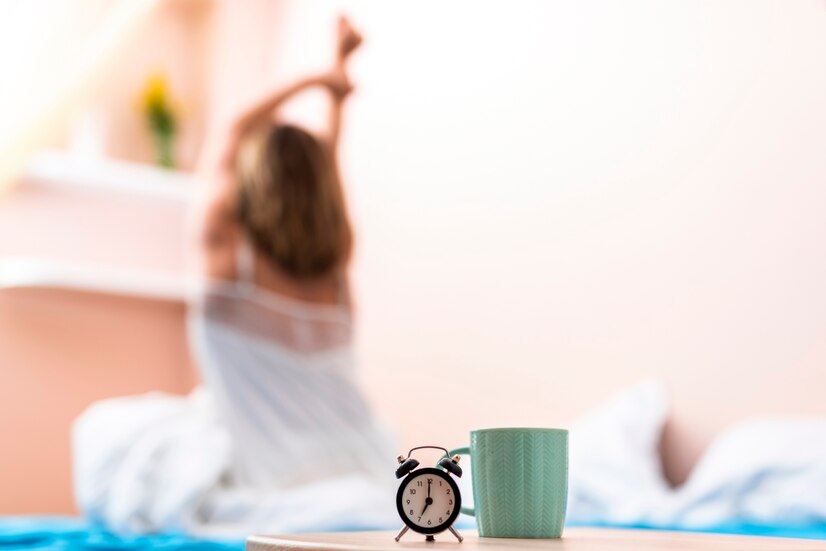It’s a common desire for most individuals to experience happiness in their lives. However, if you find yourself feeling unhappy despite having a seemingly good life, it can be a source of concern and anxiety, making the prospect of achieving happiness seem elusive. The experience of happiness is multifaceted, influenced by various factors that vary from person to person. Understanding how to discover happiness in your own life involves recognizing these individualized factors and tailoring your approach to well-being accordingly.
Why waking early is a proven trick to happy life
One often ignored method of making people happy is waking up early. Waking up early is often considered a positive habit that can contribute to a happier and more productive life.
Setting your alarm just an hour earlier than your usual wake-up time may reduce your risk of depression by 23%, as suggested by a study conducted by the University of Colorado Boulder and the Broad Institute of MIT and Harvard.

The study indicates that the benefits increase with each earlier hour you rise. Previous research has established a connection between chronotype, an individual’s physiological preference for mornings or nights, and mood. Night owls, for instance, are twice as likely to experience depression compared to morning people. Morning people often align better with typical work-rest schedules, while night owls may struggle to adapt.
A recent U.K. study, supporting the notion that a genetic preference for waking up earlier is protective against depression and enhances well-being, suggests that “circadian misalignment,” or the misalignment of daily routines with internal clocks, might be a contributing factor, especially for evening people.
Physiologically, individuals who wake up earlier receive higher and earlier light exposure, potentially influencing their well-being.
While your chronotype is genetically determined, there are strategies to “hack” your body clock and encourage earlier waking. Paying attention to light exposure, such as spending time outside in the mornings, and keeping nights dark, involves minimizing electronic device use before bedtime. Additionally, exercising earlier in the day can reinforce signals to your body about when it’s time to wake up and go to bed.
Steps to convert your to an early riser
Embrace the Early Start: Adjust your wake-up time by two to three hours earlier than usual and bask in the morning sunlight. Scientific studies indicate that exposure to light reduces the production of melatonin, the sleep-inducing hormone. Opening your curtains, having breakfast on the porch, or sitting by a window can provide a refreshing morning boost. Moreover, rising early in the morning promotes an earlier sense of sleepiness in the evening.
Lights Out Strategy: As the day winds down, take the opposite approach by limiting light exposure and hitting the hay two to three hours earlier than your typical bedtime. Boost your melatonin levels by turning off lights, especially avoiding the blue light emitted by screens. This signals to your body that it’s time to unwind.
Consistent Schedule: Maintain a regular sleep routine on both workdays and days off. While the temptation to stay up late and sleep in on weekends is strong, it disrupts your body’s circadian rhythm. Stick to the same schedule within a 15 to 30-minute window every day for optimal results.
Mealtime Adjustment: Optimize your meal schedule by having breakfast promptly after waking up, enjoying lunch at a consistent time each day, and avoiding dinner after 7 p.m. In the study, participants also refrained from consuming caffeine after 3 p.m. If shifting dinner or evening activities earlier isn’t feasible, consider shortening them or finding alternate days to complete certain tasks, ensuring that you wrap up activities earlier in the evening.







